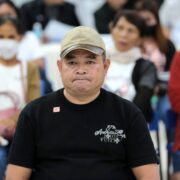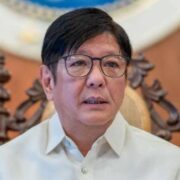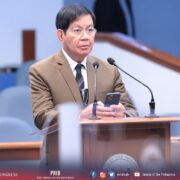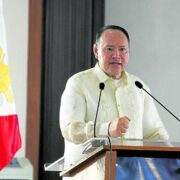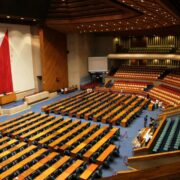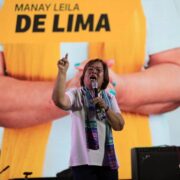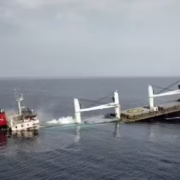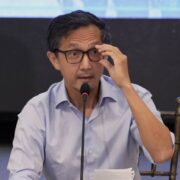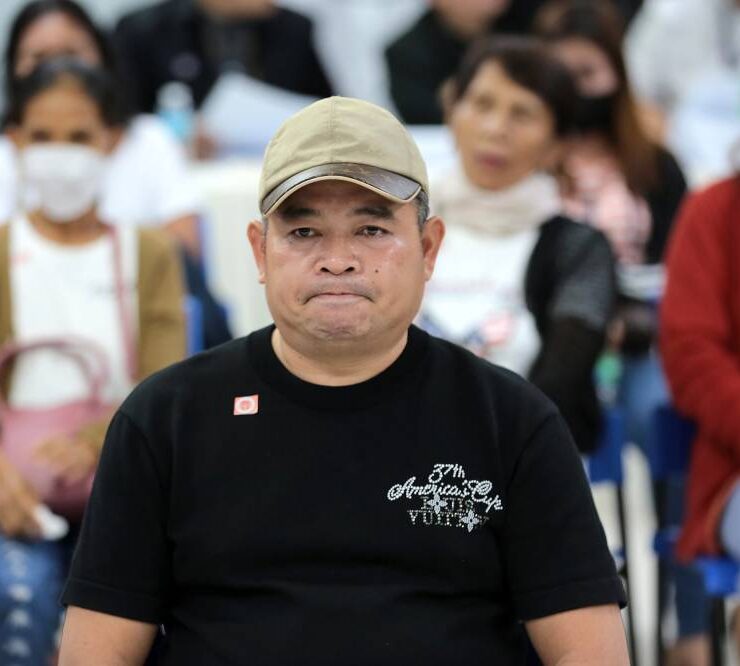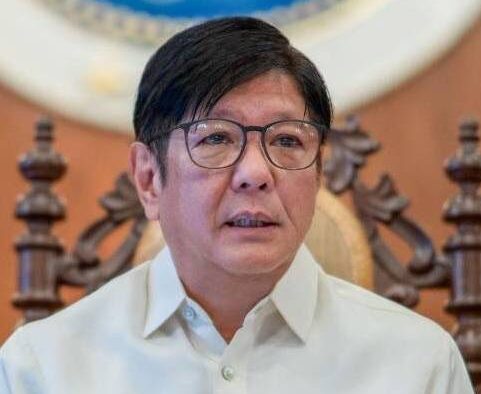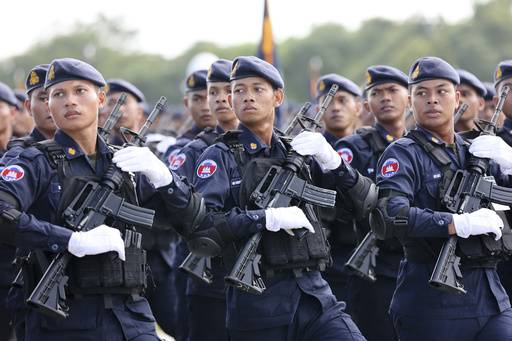Policing the police: Who watches our law enforcers?
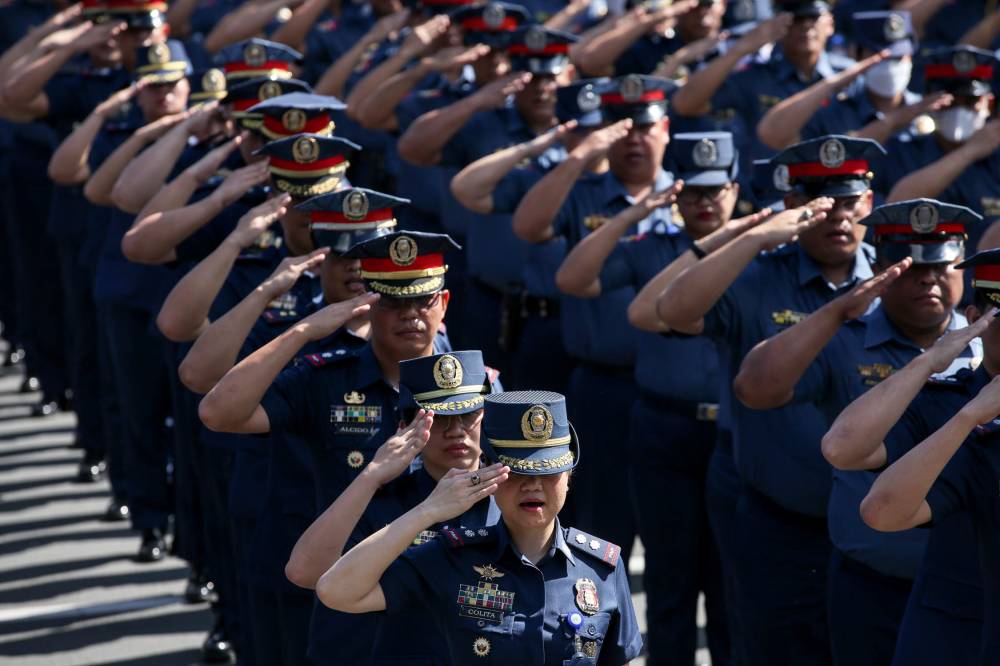
- (First of three parts)
An investigative body with genuine authority and independence can help prevent abuses such as those that tarnished the Duterte administration’s bloody war on drugs.
But when it comes to policing the police, several entities have jurisdiction over the Philippine National Police (PNP).
The Department of Interior and Local Government (DILG) supervises the police through the National Police Commission (Napolcom), where DILG Secretary Juanito Victor “Jonvic” Remulla serves as the ex-officio chair. He is joined by the vice chair and executive officer, Alberto Bernardo, four regular commissioners (all civilians), and the PNP Chief, Gen. Rommel Francisco Marbil, who serves as an ex-officio member.
According to its website, Napolcom is the agency mandated by the 1987 Constitution and the major police reform laws (Republic Act Nos. 6975 and 8551) “to administer and control the Philippine National Police.”
Besides administering police entrance exams, Napolcom also conducts pre-charge investigations for police anomalies and irregularities, and has the ability to dismiss errant police officers summarily.
Other government entities such as the Office of the Ombudsman and the Civil Service Commission can also investigate the police for graft or civil service infractions, respectively.
‘Police of the police’
But the role of PNP’s watchdog is supposedly given to the Internal Affairs Service (IAS), which is “the lead agency in the campaign against all forms of police misconduct and corruption,” according to IAS’s website. Its motto is “guardian of integrity, people’s watchdog and police of the police.”
Since 1999, IAS has been working to “strengthen police governance, uphold integrity, and demand accountability towards an effective community and service-oriented force.”
The IAS was established by RA 8551, otherwise known as the PNP Reform and Reorganization Act of 1998, to act as the watchdog for the PNP. Although working within the institution itself, it is envisioned to be an independent, impartial and objective body serving as an investigative and adjudicatory agency for the PNP.
The IAS is currently headed by lawyer Brigido de Jesus Dulay, who was appointed by President Marcos on April 16, 2024, becoming the third inspector general of the PNP.
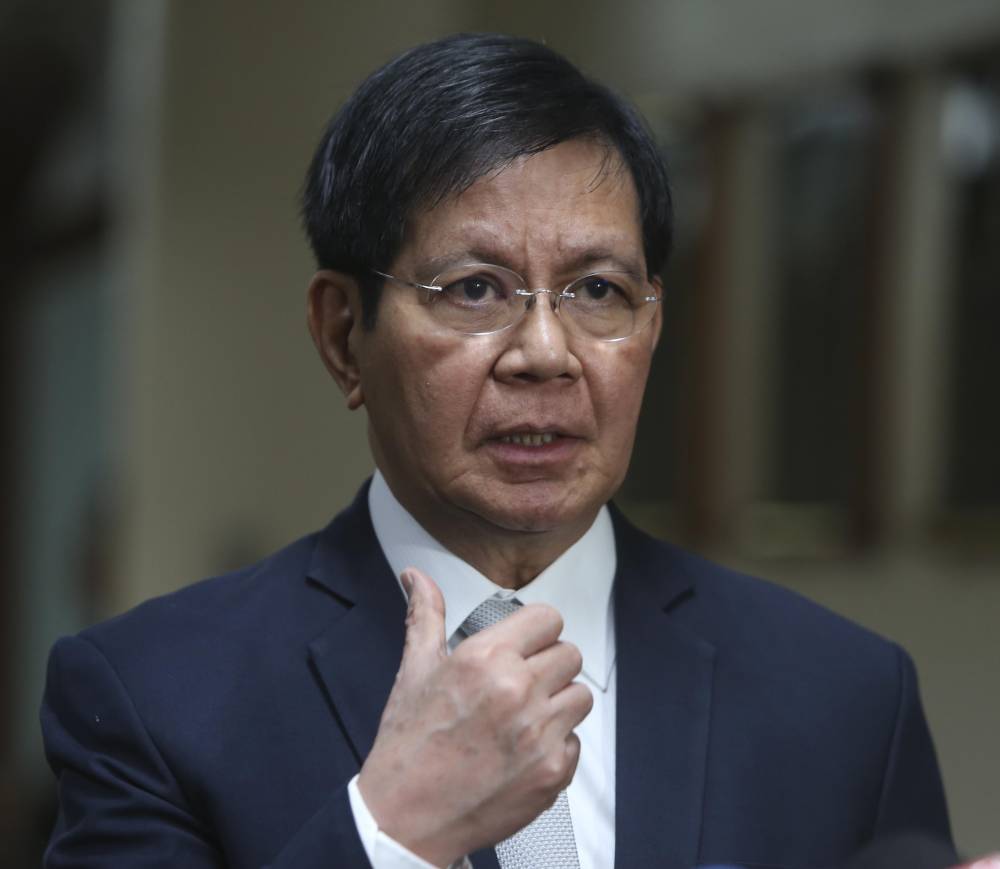
Proposed legislation
In an exclusive interview with the Inquirer Mobile, former Sen. Panfilo Lacson proposed that any PNP reforms should include changes to the IAS.
Following the testimony of retired police Col. Royina Garma before the House of Representatives quad committee, Lacson said that legislation can help protect police officers from following illegal orders. Garma confirmed that then President Rodrigo Duterte’s drug war was patterned after the Davao model, where police officers involved in the killing of drug suspects were allegedly rewarded with cash.
Moreover, Garma told the quad committee that Duterte had requested her assistance in finding a police official from the Iglesia Ni Cristo sect to lead the war on drugs. She then suggested that Col. Edilberto Leonardo be appointed by Duterte as the head of a task force that would enforce the anti-narcotics campaign nationwide.
The police acknowledged the deaths of 6,200 drug suspects in the six-year war on drugs, but human rights groups say the actual figure could be even higher.
Read: Garma says Davao drug war template, rewards system applied in entire PH
Structural reforms
Lacson, who is running for senator in next year’s election, will push for his priority bill to reform the IAS once he returns to the upper chamber.
He said the IAS “really needs is to be made independent or insulated from the police service.”
“Its structure now is like it’s a branch of the PNP itself,” he told the Inquirer Mobile, adding that the agency’s findings are recommendatory and thus can be reversed by the PNP chief.
Lacson, a former PNP chief during the Estrada administration, was apparently referencing the PNP IAS Guidelines and Procedures (pursuant to Title 5, Sections 39 to 51, of RA 8551), which says that “IAS is constituted directly under the Office of the Chief PNP as special arm that enjoys functional independence as provided under RA 8551 mandating it to conduct motu-proprio investigations, inspections and audit and exercises other functions of its own initiative.”
The former senator noted that the current IAS is headed by a director general who is on par with the deputy director general of the PNP. In the United States, he noted that its IAS has become the “nemesis of police scalawags (who) know they are dealing with an agency that won’t be biased,” and that it “really means business.”
Lacson proposes that the IAS should be brought under the jurisdiction of the DILG from the PNP. According to him, this arrangement could broaden the organization’s powers by allowing the IAS to investigate members of the Bureau of Fire Protection (BFP) and the Bureau of Jail Management and Penology (BJP), which are under the supervision of the DILG.
According to him, this is only possible if the BFP and BJMP have their own IAS.
The former senator said that the head of the IAS should always be a civilian. If he is an active PNP member, he should resign or retire from the police force before joining the IAS.
“It cannot be that the IAS director general should still be connected with the PNP or still be detailed with them,” he said. But currently, the head of the IAS is a civilian.
Police officers joining the IAS should stay with the body until they retire rather than being detailed back to the PNP, said Lacson, adding that if they are reassigned to the police force “they might be beholden to the PNP and will kowtow to the wishes of the leadership.”
Asked whether a reformed IAS could prevent illegal orders that were seen during Duterte’s drug war, he said: “Not 100 percent, but it will be a big deterrent.”
(To be continued)


